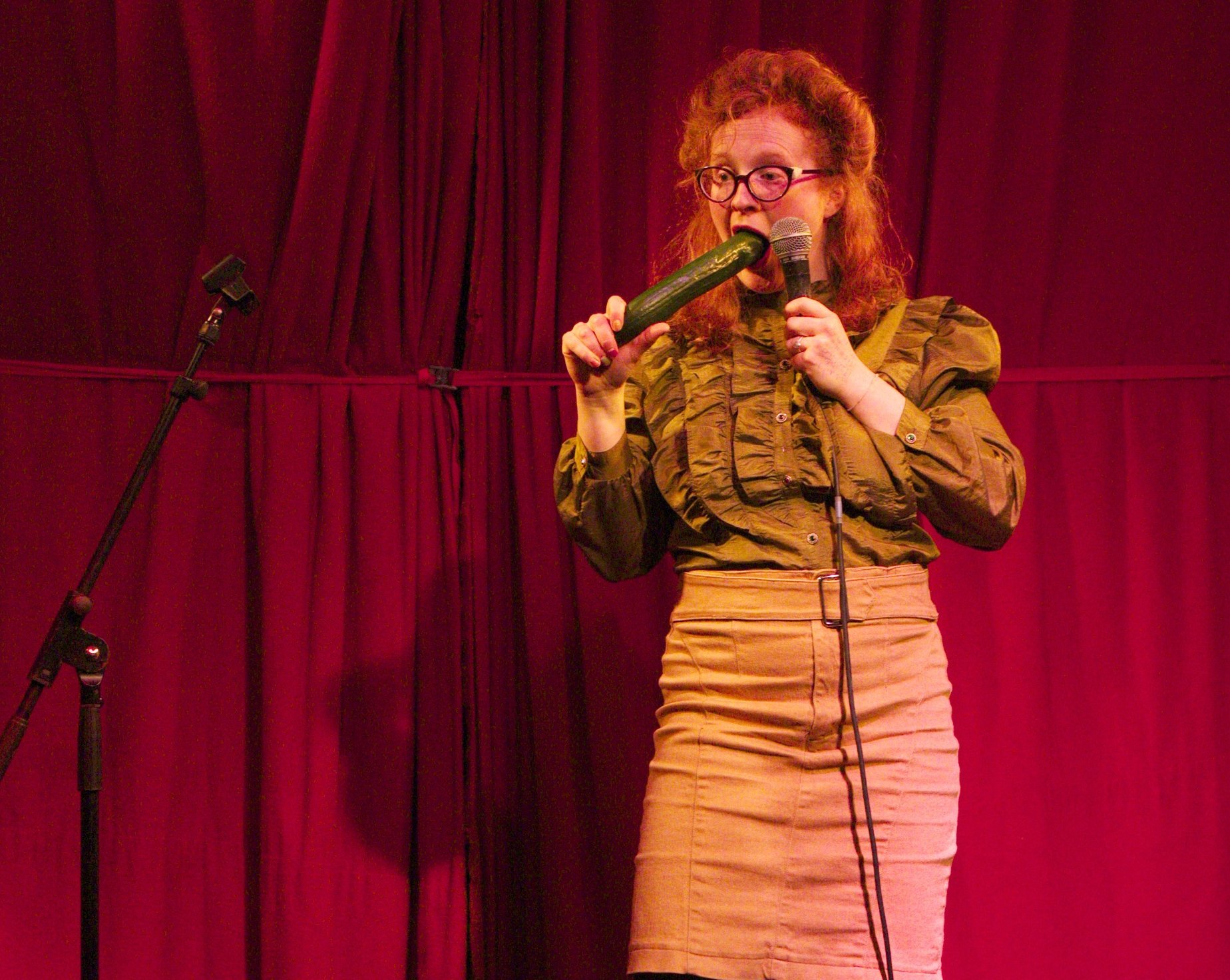
Making money on the fringes
Some fringe festival productions win international touring contracts, but far too many lose out financially. Jessica Cheetham discusses a model that is offering affordable opportunities for artists.
When a performer seeks a fringe festival audience, they can expect to pay out between £5,000 and £10,000 for the seemingly golden opportunity. I know because my company, Spun Glass Theatre, has done this. We like to take risks, forge forwards and make new artistic discoveries. We’ve been staging work at fringe festivals since 2010, focusing on honing our craft and bringing our ideas to new audiences.
There are a lot of expenses to cover and this puts some incredible performers on the back foot from the very start of their public performance careers
For some fringe festival entrants, that amount of money ends up being a reasonably small price to pay. Any product needs initial investment and the fringe circuit regularly turns up international touring successes. But for a huge number of artists, the high cost of staging a show with travel and accommodation expenses, PR and equipment, makes a fringe festival performance a distant dream.
And as Claire Smith at The Scotsman discovered a few years ago in Edinburgh, money is also a contentious topic between venues, management companies and performers.
There’s been a lot of talk about money lately – the gender pay gap, surcharges, escalating ticket prices and funding issues. The fringe theatre pricing model is just another topic that rears its head once a year. Some fringe boards have tried to address the problem, with free performances (Brighton and Edinburgh), incorporating venue hire costs into the participation fee (Reading Fringe) and including performer support resources in the submission fee (Brighton).
Theatre cooperative
We decided to take the issue of fringe financial accessibility into our own hands, following expensive personal experiences. Last year we spent over £10,000 presenting our work at both the Brighton and Edinburgh fringe festivals – and only £600 was recovered through ticket sales.
So, we decided to form a theatre cooperative bringing performers together with priority slots for teenage, ethnic minority and disabled performers to deliver six experimental pieces at Brighton Fringe performing under ‘The Spark Factory’ name.
Each artist has been assigned a mentor (an experienced volunteer artistic director) and each has a thought-provoking new or barely seen performance. Each artistic mentor has extensive first-hand experience of staging work at fringe festivals, and consequently, knowledge of the highs, lows and artistic challenges that come with it.
For the individual investment of £170 each, the cooperative members get one performance date, PR and marketing support and promotion advice. The cooperative will then share the ticket sales revenue equally.
The Spark Factory aims to give its six performers an affordable opportunity to gain fans, working as a cooperative to cover the expense of participating in a fringe festival. I describe the collection of pieces as a curated festival of experimental performance – we’ve purposefully chosen big and bold ideas.
Fringe productions sadly lose money all the time. There are a lot of expenses to cover and this puts some incredible performers on the back foot from the very start of their public performance careers. The Spark Factory is trying to find a way around this and we’re hoping it will be an initiative that can later expand and run for a full week of performances during Brighton Fringe.
Financial worries
I’ve seen first-hand how the financial worries associated with presenting work at fringe festivals can affect artists’ work, compared with subsidised projects. This can result in the pieces presented suffering from a lack of finesse.
These concerns also have a strong impact on the performer’s mental health and resilience. If we want to support a new generation of artists, we need to address the accessibility and quality of these early career opportunities.
Jessica Cheetham is Artistic Director of Spun Glass Theatre and Artistic Mentor of the Spark Factory.
www.spunglasstheatre.com
Join the Discussion
You must be logged in to post a comment.